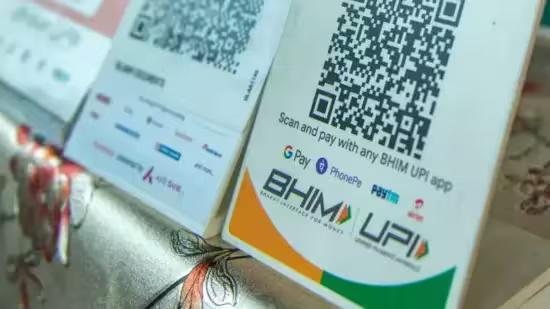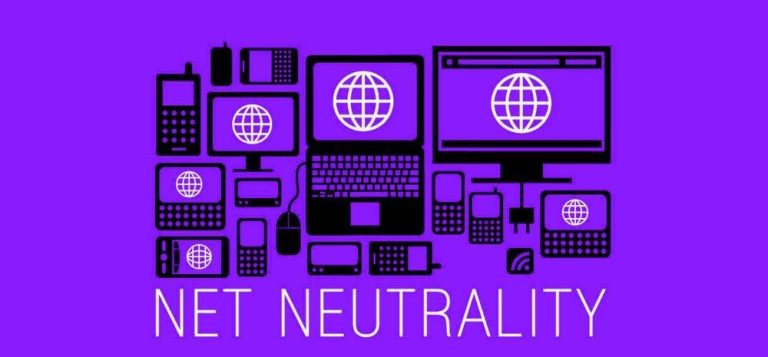
Trinidad & Tobago becomes the first Caribbean nation to adopt UPI
In a significant development, Trinidad and Tobago has become the first Caribbean country to adopt Unified Payments Interface (UPI), India’s flagship digital payment platform. This milestone achievement was accomplished during Prime Minister Narendra Modi’s two-day official visit to the Caribbean nation. The adoption of UPI by Trinidad and Tobago marks a significant step forward in the country’s efforts to promote digital payments and financial inclusion.
UPI, developed by the National Payments Corporation of India (NPCI), is a real-time payment system that allows users to send and receive money directly from their bank accounts. The platform has revolutionized digital payments in India, with over 1 billion transactions being processed every month. The adoption of UPI by Trinidad and Tobago is a testament to the platform’s versatility and scalability, and its ability to cater to the diverse payment needs of different countries.
The agreement to adopt UPI was signed during Prime Minister Modi’s visit to Trinidad and Tobago, which aimed to strengthen bilateral ties between the two nations. The visit was significant, as it marked the first-ever official visit by an Indian Prime Minister to Trinidad and Tobago. During the visit, Prime Minister Modi held talks with Trinidad and Tobago’s Prime Minister Keith Rowley, and the two leaders discussed ways to enhance cooperation in various areas, including trade, energy, and technology.
The adoption of UPI by Trinidad and Tobago is a significant step forward in the country’s digital payments journey. The country has been working to promote digital payments and financial inclusion, and the adoption of UPI is expected to provide a major boost to these efforts. The platform will enable Trinidad and Tobago’s citizens to make seamless and secure payments, both domestically and internationally.
In addition to adopting UPI, Trinidad and Tobago has also agreed to explore further collaboration with India in the implementation of India Stack solutions, including DigiLocker, e-Sign, and Government e-Marketplace (GeM). DigiLocker is a digital locker service that allows users to store and access their documents digitally, while e-Sign is an electronic signature platform that enables secure and seamless signing of documents. GeM is a government e-marketplace that allows government agencies to procure goods and services online.
The collaboration with India Stack solutions is expected to provide Trinidad and Tobago’s government agencies and citizens with a range of benefits, including increased efficiency, transparency, and security in transactions. The adoption of these solutions will also help to promote digital payments and financial inclusion, and provide a boost to the country’s economy.
The adoption of UPI by Trinidad and Tobago is significant not only for the country itself, but also for the region as a whole. The Caribbean region has been working to promote digital payments and financial inclusion, and the adoption of UPI is expected to provide a model for other countries in the region to follow. The platform will enable citizens of Caribbean countries to make seamless and secure payments, both domestically and internationally, and promote financial inclusion and economic growth.
In conclusion, the adoption of UPI by Trinidad and Tobago is a significant milestone in the country’s digital payments journey. The platform will enable seamless and secure payments, both domestically and internationally, and promote financial inclusion and economic growth. The collaboration with India Stack solutions is also expected to provide a range of benefits, including increased efficiency, transparency, and security in transactions. The adoption of UPI by Trinidad and Tobago is a testament to the platform’s versatility and scalability, and its ability to cater to the diverse payment needs of different countries.






